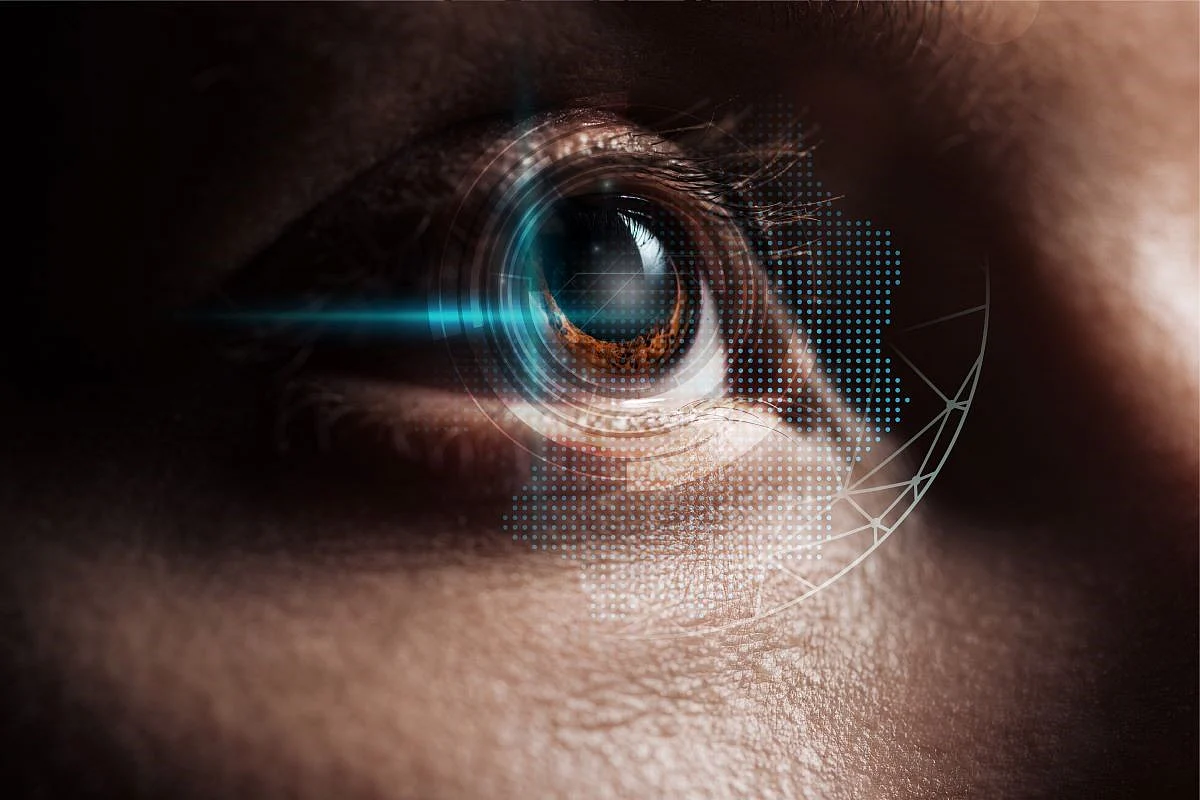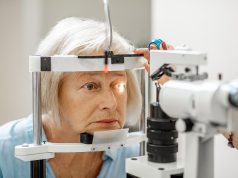The EfficientNetB0 achieved more than 99 percent accuracy, with image processing speed <1 second per image
By Elana Gotkine HealthDay Reporter
FRIDAY, July 18, 2025 (HealthDay News) — An artificial intelligence (AI) model integrated into a retina tracker for diabetic retinopathy can achieve high accuracy while being resource-efficient, according to a study presented at ENDO 2025, the annual meeting of the Endocrine Society, held from July 12 to 15 in San Francisco.
Jansi Rani Sethuraj, R.N., from the University of Texas Health Science Center at Houston, and colleagues developed an AI-powered model integrated into the Simple Mobile AI Retina Tracker (SMART), a universally accessible application for detection, staging, and monitoring of diabetic retinopathy progression. Pretrained models from deep learning architectures were trained on anonymized fundoscopic images from diverse populations with diabetes. The trained models then underwent rigorous internal validation and external validation in multiple datasets. The ability of models to differentiate diabetic retinopathy from 39 ocular conditions was examined.
The researchers found that across diverse datasets, the EfficientNetB0 achieved more than 99 percent accuracy, with an image processing speed <1 second per image. The model demonstrated superior computational efficiency, with one-third runtime compared with ResNet18; across tested datasets, it maintained robust generalization (area under the receiver operating characteristic curve, >0.99). Real-world feasibility was confirmed in external evaluations.
“The SMART AI application enables ophthalmologists to streamline patient screening, empowers primary care providers to incorporate eye exams into routine visits, and expands access to high-quality retinal assessments in regions lacking specialized ophthalmic care,” Sethuraj said in a statement.
Copyright © 2025 HealthDay. All rights reserved.








